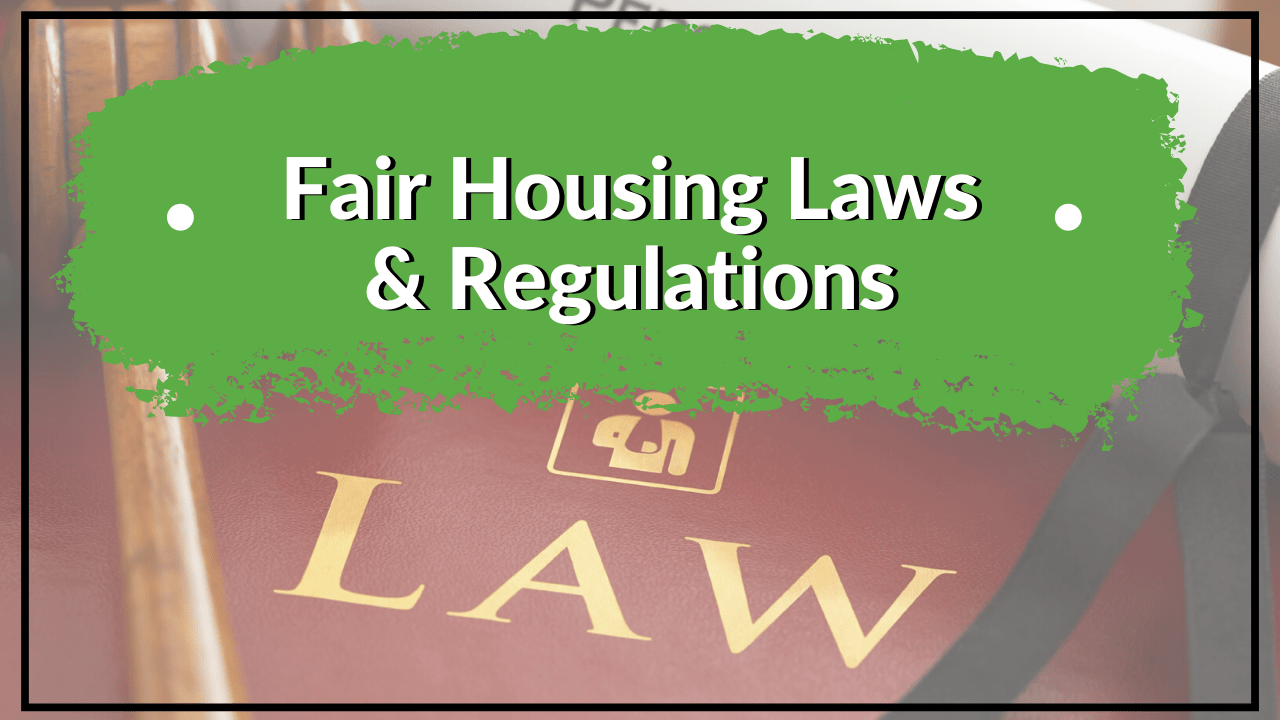Fair Housing Laws & Regulations | Property Management in California City
July 23, 2020

Renting out property means being aware of and complying with all of the federal, state, and local fair housing laws. This is an area where it’s easy to make a mistake and get into trouble. If you’re not aware of the fair housing laws, make sure you talk to a property manager
before you begin leasing your home or looking for tenants.
The Fair Housing Act
Fair housing laws begin with the Fair Housing Act, a federal law that makes it illegal to discriminate against seven classes of people when you’re renting out your property. You cannot deny an otherwise qualified tenant on the basis of:
- Race
- Color
- Religion
- National Origin
- Sex
- Disability
- Familial Status
This may seem simple enough; it’s rare that a landlord will intentionally discriminate against anyone, especially if that person has verifiable income and good rental references. However, it’s easy to discriminate unintentionally, especially when you’re marketing your property
and screening applications. In your ad, if you say your property is “great for families” or “near churches,” you could be seen as discriminating. You have to be careful with your wording, and you have to be consistent with your screening. Treat every single application exactly the same.
Providing Written Rental Criteria
One of the best ways to protect yourself against claims of discrimination is to provide every applicant with a written list of your rental criteria. This will provide any potential tenant with a set of standards that you use to approve or deny applications. Having your criteria and your process documented will help you remain consistent and demonstrate your compliance with fair housing principles.
California Fair Housing Laws
In the state of California, there are a few other protected classes against whom you cannot discriminate in housing. These go beyond the federal laws and include:
- Gender Identity
- Creed
- Ancestry
- Medical Condition
- Sexual Orientation
- Source of Income
The state fair housing laws are enforced by the California Department of Fair Employment and Housing (DFEH). Again, your documented process and enforcement of your own policies and procedures will ensure you don’t discriminate unintentionally and will keep you out of court.
Additional Fair Housing Considerations
If you think you’ve got a good understanding of the protected classes and how not to discriminate against them, that’s a good first step. However, these laws are always changing, and they’re always being interpreted in different ways. You need to keep up with these changes when you’re renting out property in California. For example, disparate impact
is a term that’s widely used when landlords are looking at criminal histories during the screening process. Disparate impact can unfavorably affect one group of people more than others, leaving them vulnerable to housing discrimination.
There are also service and support animals, which are treated differently than pets when someone with a disability applies for your property. You’ll need to know how to tell the difference and what kind of documentation you can and cannot ask for.
We are happy to help you navigate the legal waters when it comes to your California City rental property. Please feel free to contact us
at JBL & Associates for more information.





